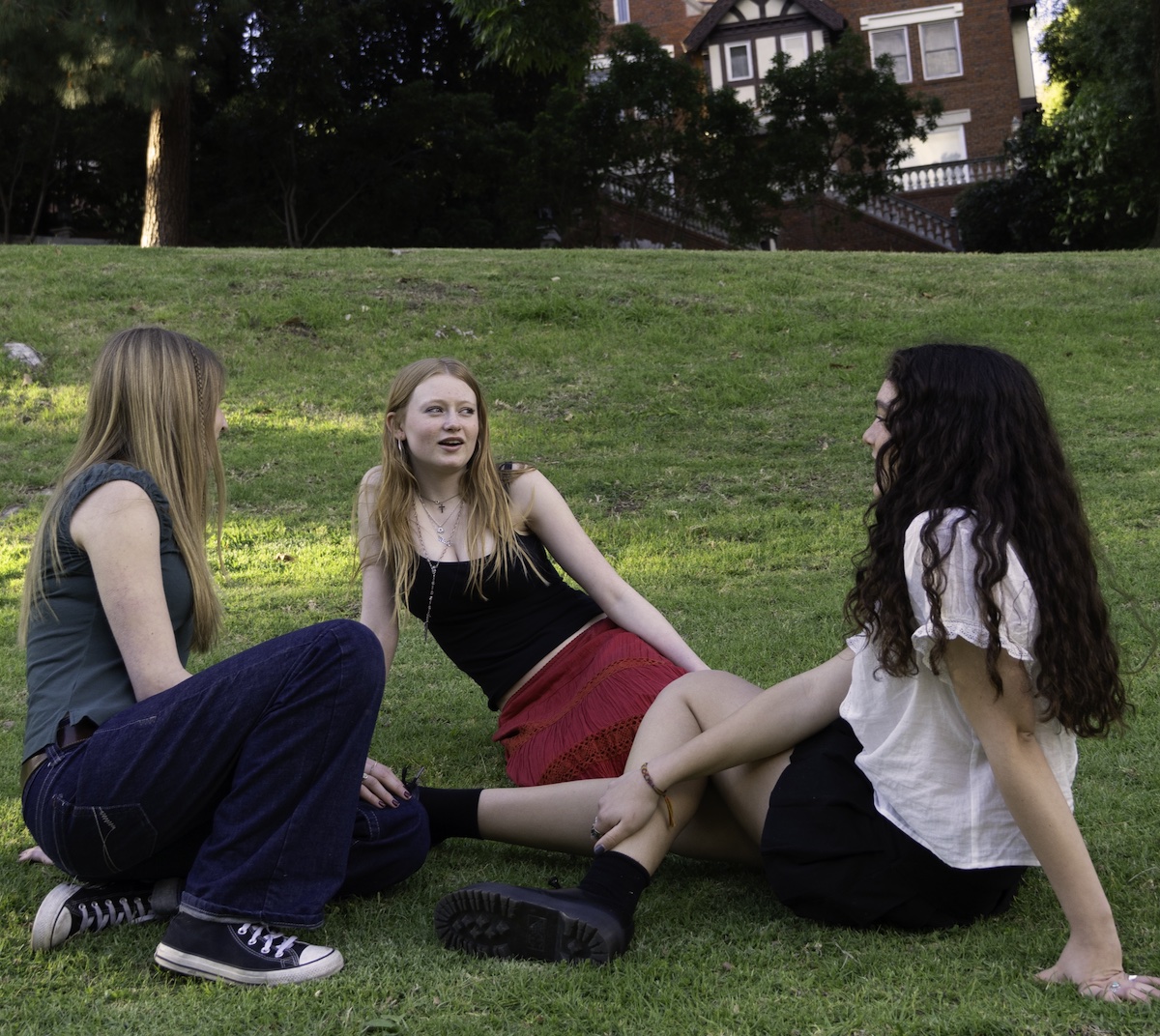
History and social sciences instructor Cathy Atwell is participating in graduate program at the USC Rossier School of Education. She explained that this program is specifically designed for educators around the world in fairly senior positions.
Who has been the most interesting person you’ve met so far?
Nefertiti. She’s a single mom, she has a teenage daughter. She is American, and she moved to Ethiopia to found a school that has become the most successful and biggest international school in Ethiopia. They were even asking her to found a university that goes along with it. Having to deal with the corruption, and the craziness in the political scene in Ethiopia, is so daunting. The infrastructure challenges are also crazy. Plus, being a woman in a male dominated society, there’s that issue, too. Just as we were going back home from Hong Kong, that very day, Ethiopia was put under a state of emergency because there had been growing protests over the last couple of months against the government. Every so often she would not be able to participate in class things because the government in Ethiopia shut the internet off for a couple days. As we were getting ready to fly out, she was going back to Ethiopia, but she couldn’t reach her daughter because the government had shut down all the communications. Imagine, you have your teenage daughter in Ethiopia, you’re over in Hong Kong doing this graduate program, the country is plunging into political chaos and you have to keep this school going. The strength of character, and her amazing amount of optimism!
What has been your most memorable moment thus far?
This summer, for the first part of the program, we were assigned a group project [about the role of technology in education and globalization]. They gave us a vague topic, and we had to put together this hour-long oral presentation. There were five of us in our group. My group consisted of a guy from Ethiopia, who has founded an immigration clinic for African migrants in the Bay Area, and he’s a political refugee himself; this woman who founded the school in Xian; a guy who is in charge of all the international affairs at Indiana University, including all the recruitment of international students; a guy who is a professor of political science, who used to be a teacher and a minister in Chicago; and then me! This is our group, and we’re all so different, and we have different skills. We’re trying to put this presentation together, putting all the graphics into the powerpoint. My contribution was a Kahoot!
What was the process of preparing for your presentation like?
[The program heads] were so serious about this presentation that USC even brought in a drama instructor to come and evaluate our presentation and our presentation skills…we were having to prepare this thing at the same time that we had all these other papers to write. We were probably getting about 3 hours of sleep that week, it was bad! It was like the worst week at Marlborough. I really have empathy when that happens to Marlborough students. We’re all old though. So not getting sleep is a lot worse for us! We are just zombies, and we’re having to put this presentation together, and our group has to go first. It seemed like it was going to be a complete disaster until the very last minute. At that point, we just didn’t care anymore. When we did it, it all came together, and the people who had seemed to be the quietest and the ones we were most worried about were the ones who shone the most.
What did you take away from that assignment?
You have to trust the talents and instincts of the people you work with. You never know what you’ll get. It can be very hard for someone like me, who is a little bit of a control freak…None of those were what I would have expected would have been the outcome…it ended up being all about process. [The process of creating the presentation] really has also prompted me to think more about how and why I assign group projects and how to help students be successful. How can you help to shape dynamics and get a better outcome?






